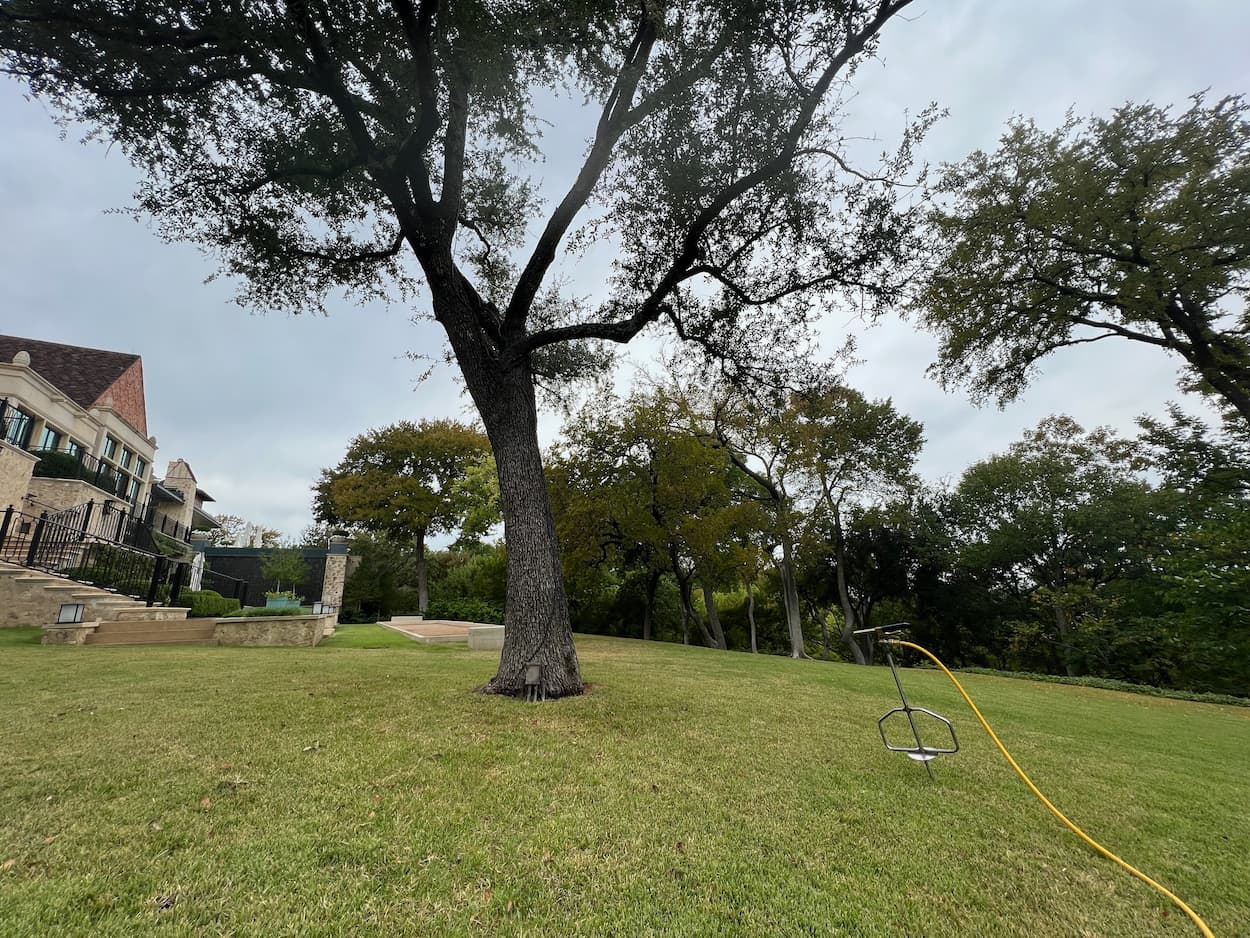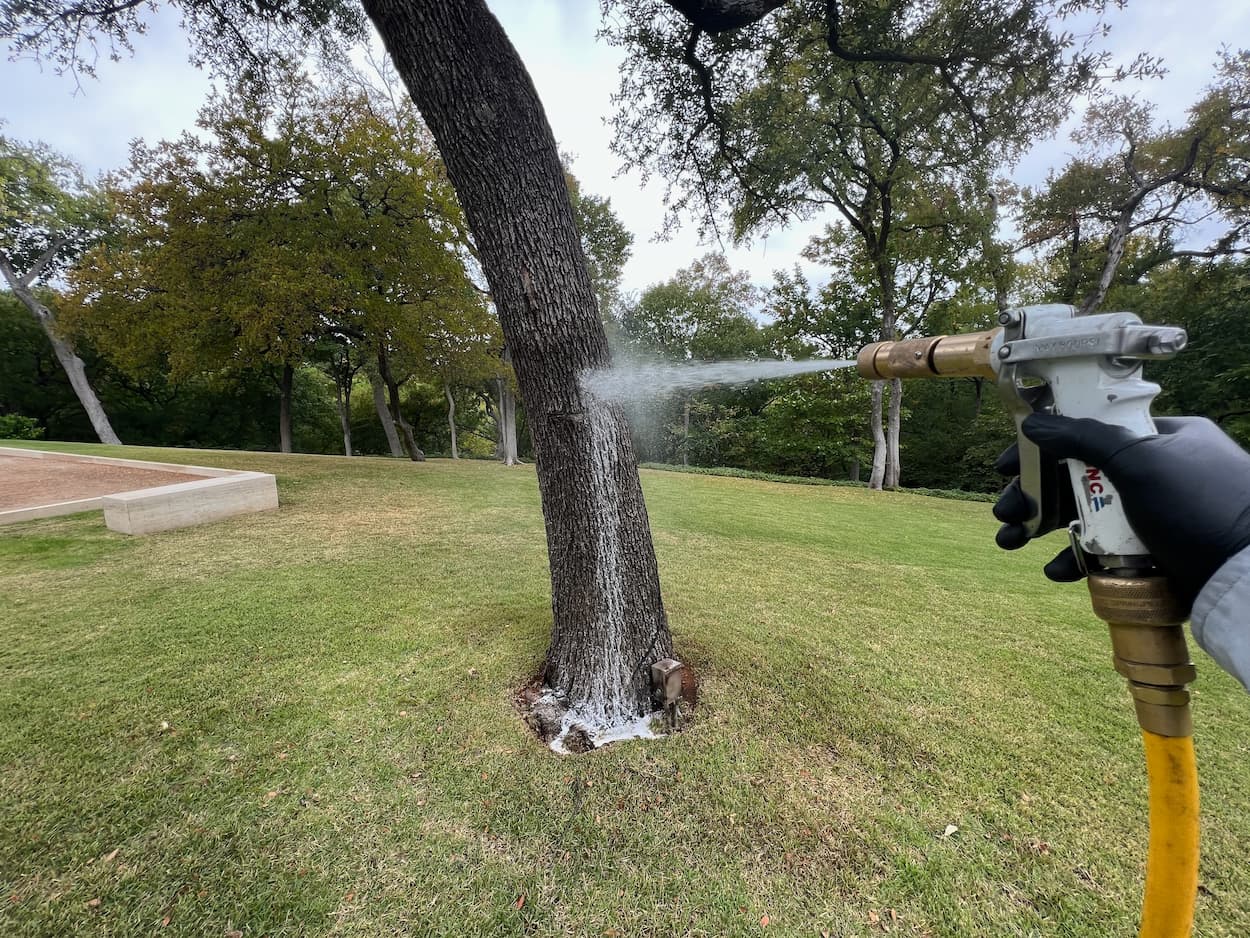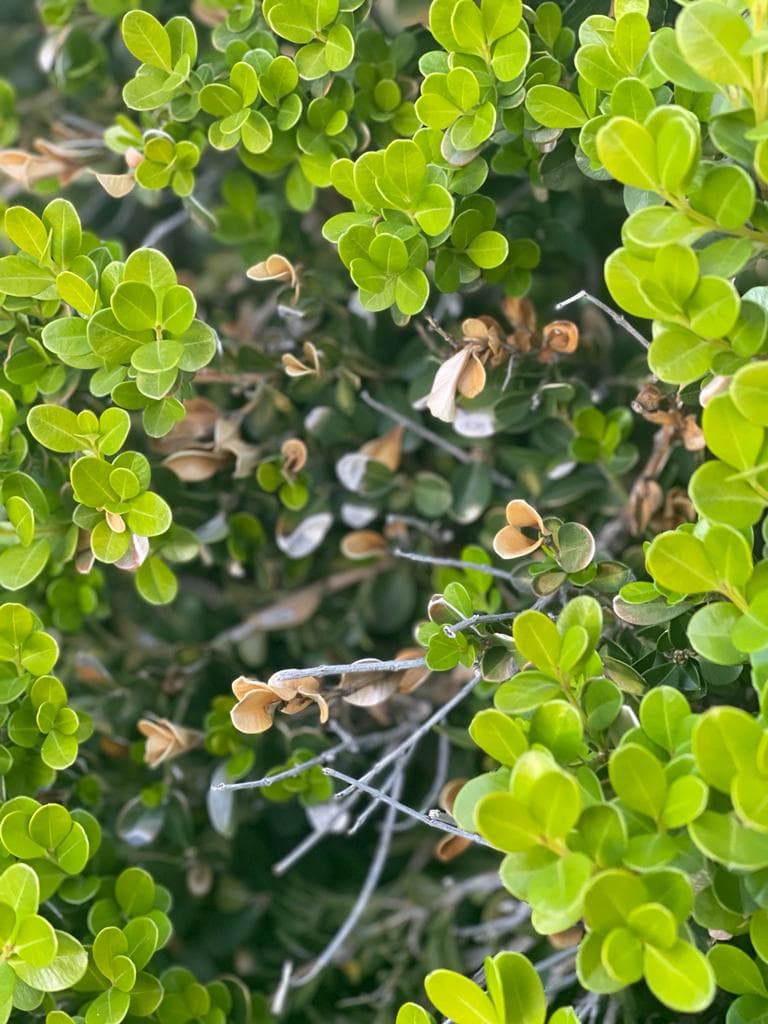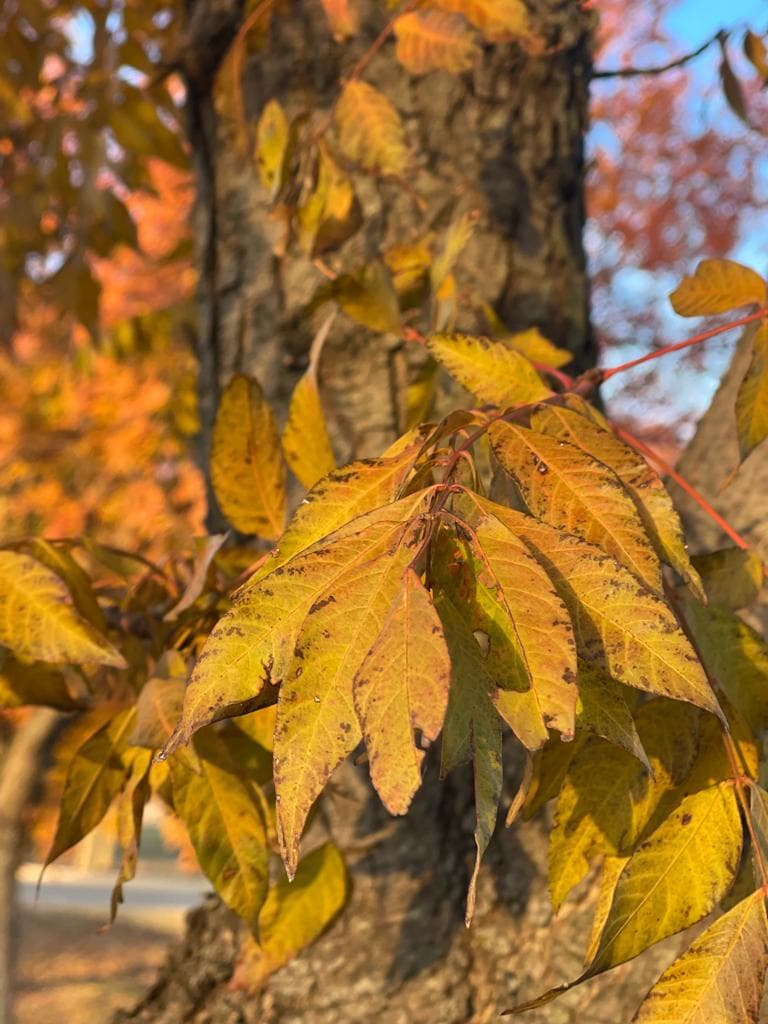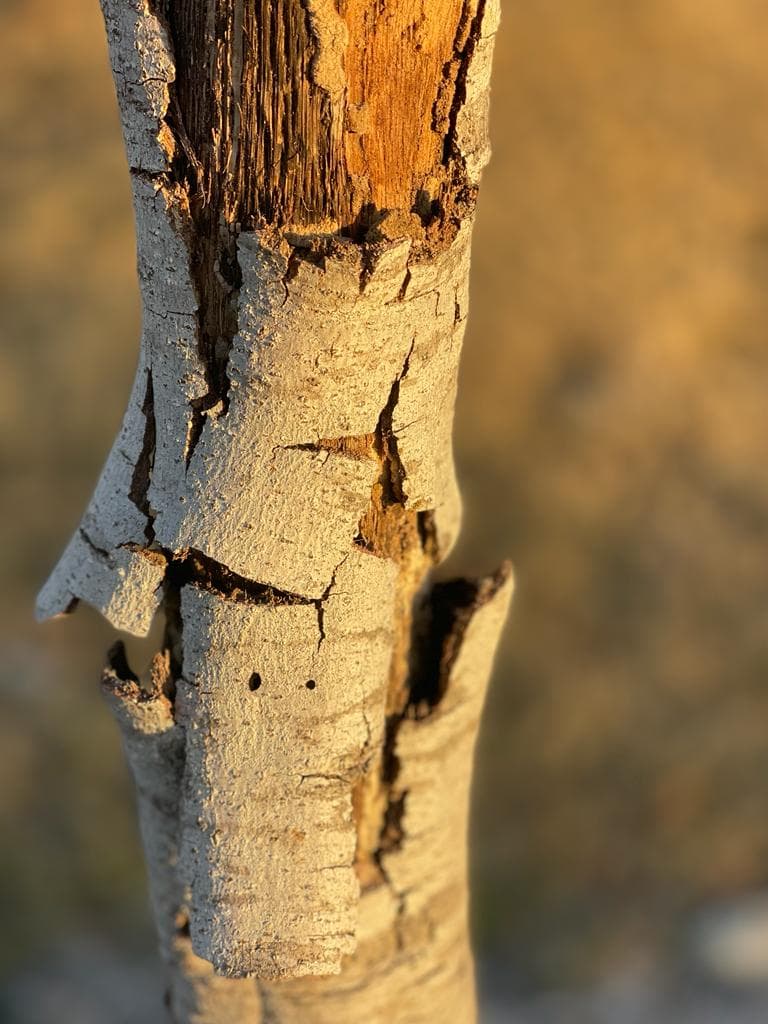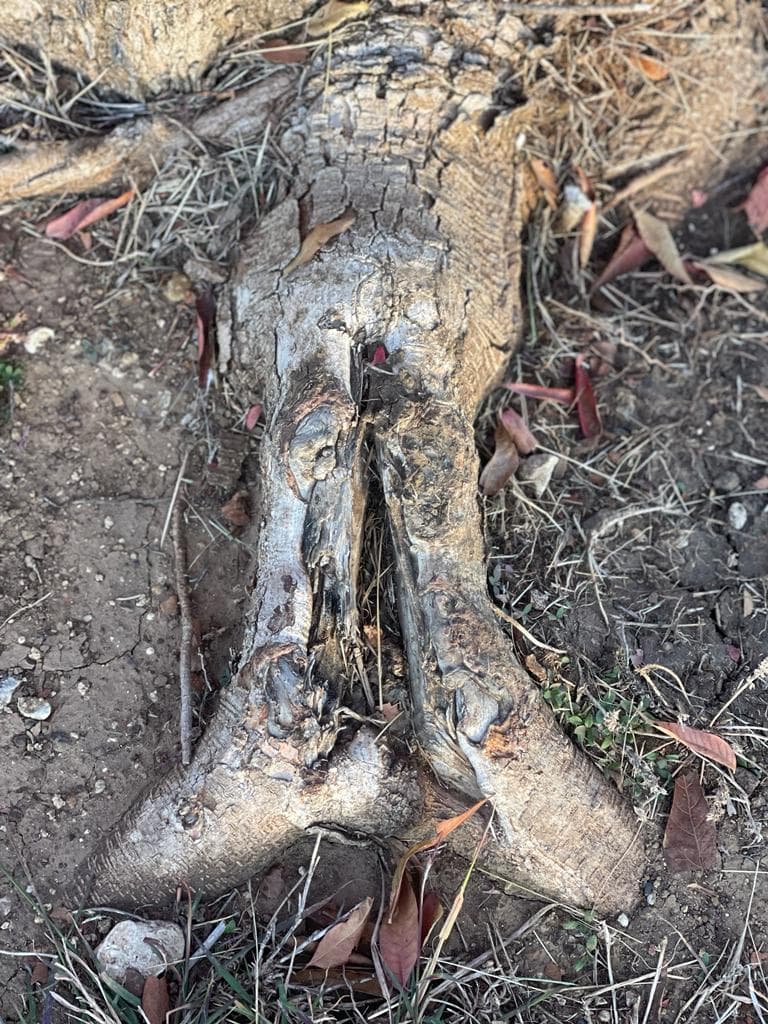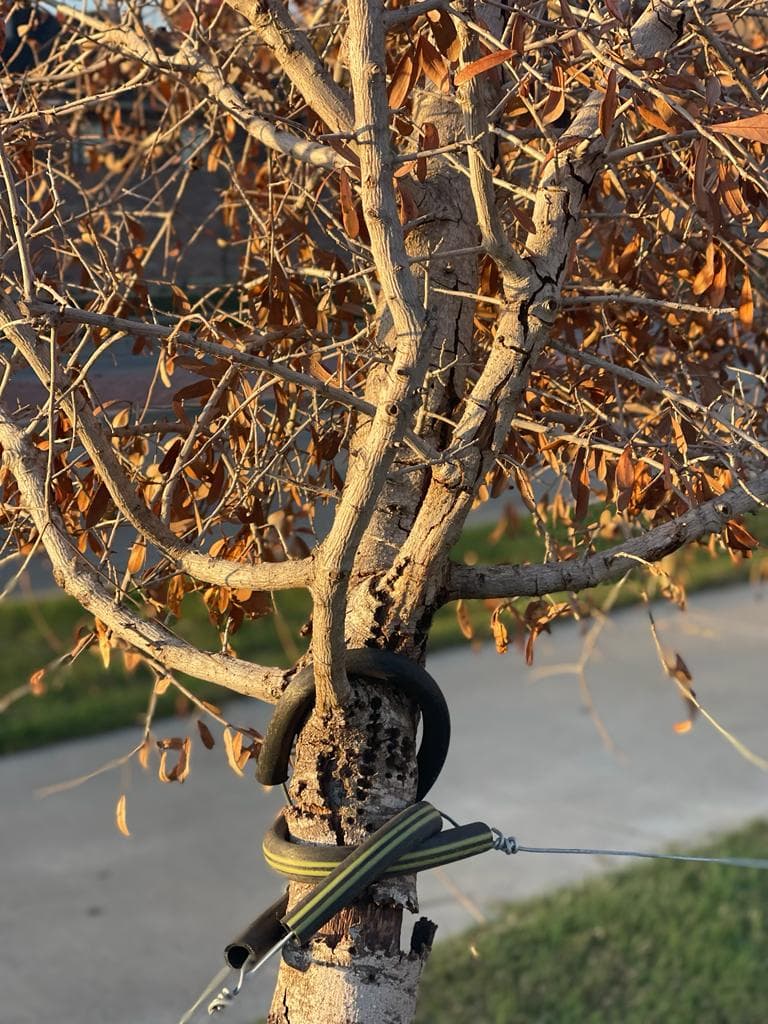Texas Shrubs & Tree Health Care Experts
Caring For Texas Shrubs & Trees Since 1990 Get A Free QuoteCall (817) 880-6130Tree & Shrub Pest Treatment Services in Pantego, TX
Our ISA Certified Arborist Can Help Treat Your Trees and Shrubs From Pests in Pantego, TX.
Arborist USA provides Tree & Shrub Pest Treatment Services in Pantego, Texas, and the surrounding areas.
Pantego, TX, is an enviable green oasis punctuated by lovely trees and shrubs that add to the town’s natural splendor. However, maintenance of these green spaces requires constant monitoring and local pest treatments to prevent any damage caused by pest invasions.
In conclusion, ensuring the vibrancy of Pantego, TX’s lush landscapes involves a vigilant and robust approach towards tree and shrub pest treatments. A harmonious blend of swift treatment strategies, preventive practices, professional expertise, and community cooperation can achieve this. With an eco-friendly and comprehensive strategy, Pantego can hold onto its lush green heritage free of pests, serving its scenic beauty to future generations.
If you are in need of Tree & Shrub Pest Treatment Services in Pantego, TX, please get in touch with Arborist USA today by calling us at (817) 880-6130, your Tree & Shrub Disease Specialist.
Signs of a Sick Tree or Sick Shrub
- Dead Branches
- Yellowing Leaves
- Fungi or Decay
- Bark Falling Off
- Discolored or Rusted Leaves
- Dying Tree or Shrub
- Leaf Discoloration
- Root or Insect Damage
- Leaves look like they’re being eaten
- Bark is Peeling
- Holes in leaves
- Holes on Bark or Branches
- Stunted Growth
- Canopy Dieback
- Bark Abnormalities
- Wilting
Tree & Shrub Helpful Tips
1. Identifying Pests Promptly:
Quick identification of pests, like beetles, mites, borers, caterpillars, or scale insects, can assist in mitigating harm they could potentially cause to Pantego’s treasured green assets.
2. Recognizing Infestation Signs:
Detecting signs of infestation early, such as changes in leaf color or texture, abnormalities in growth, premature leaf fall, or unusual bark damage, can enable more timely and effective pest management.
3. Immediate Treatment:
Treating infestations promptly can forestall widespread damage and prevent further pest attacks, thus saving Pantego’s rich flora and extensions in budget.
4. Reliance on Professionals:
Arborists and specialists in tree and shrub care are skilled in identifying pests swiftly and formulating applicable treatments. Their routine check-ups and dynamic pest management strategies strengthen
Pantego’s botanical richness.
5. Varied Treatment Methods:
The nature and severity of the pest invasion determine the treatment method, which could range from chemical and biological controls to practical techniques like pruning or cultivation adjustments.
6. Preventive Measures:
Regular maintenance, such as pruning, balanced fertilization, and right watering routines, can fortify plants against pest attacks. Similarly, promoting local biodiversity can naturally resist pests by maintaining a
robust ecosystem.
7. Integrated Pest Management (IPM):
Implementing an IPM strategy, which integrates various sustainable pest control practices, delivers efficient pest treatment results.
8. Harmony in Ecosystem:
While battling pests is crucial, maintaining a balance in Pantego’s ecology by preserving beneficial insects and wildlife is equally important. Experienced pest management professionals achieve this delicate balance.
9. Community Participation:
Active involvement of the Pantego community in identifying and managing infestations, and preventing them, tremendously enhances the success of pest treatments, safeguarding Pantego’s prized greenery.
10. Spreading Awareness:
Educating locals about different pests, their signs, and effective treatment and prevention methods empowers Pantego citizens to contribute significantly to effective pest control.
If you’re concerned or have any further questions about our Tree & Shrub Pest Treatment Services in Pantego, TX, or surrounding areas in North Texas, please call us at (817) 880-6130.
Tree & Shrub Pests
Listed below are common Tree & Shrub Pests found in Texas.
Aphids
A white soft body insect that creates a sticky "honey dew" structure on limbs or leaves, blocking nutrients.
Bagworms
Bagworms lay eggs that create small cone-shaped structures less than three inches in length.
Beetles
An invasive wood borer that is subject in all wood tissue that causes severe decline in trees health.
Gypsy Moth
A larva that boars into leaf structure that cause lesser of a foliation and decline in overall leaf structure.
Oak Gall
A growth deformity known as a "gall" commonly occur on oak trees subject to branches and other structures.
Termites
Termites, wood-destroying insect, eats away at all wood tissue, damaging the structures of the trees.
Twig Girdlers
Being a member of the long-horned beetle family, these girdlers are known to eat leaf and other tree areas.
Webworms
These caterpillars spin white webbing bag nests in tree branches and eat your tree foliage (leaves).
Certifications

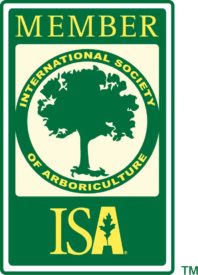

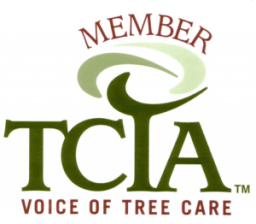
Our Reviews
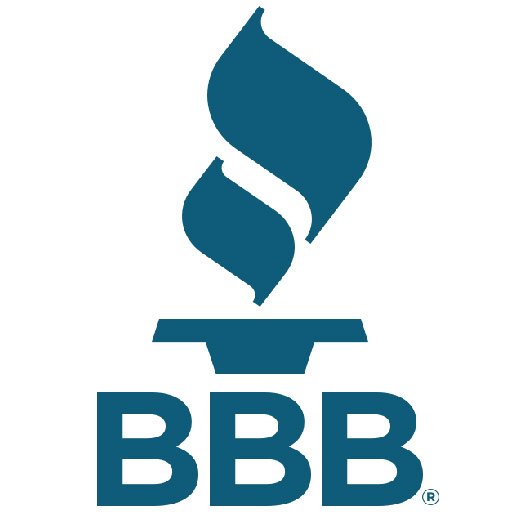
A+ BBB Rating based on 31 BBB Reviews
4.8/5.0 based on 83 Top Rated Local Reviews
4.6/5.0 based on 36 Facebook Reviews
4.0/5.0 based on 4 Trust Pilot Reviews

4.9/5.0 based on 90 Google Reviews
4.5/5.0 based on 13 Yelp Reviews
29 Recommendations on Nextdoor
Total Reviews: 286 ![]() Real Customer Reviews
Real Customer Reviews

